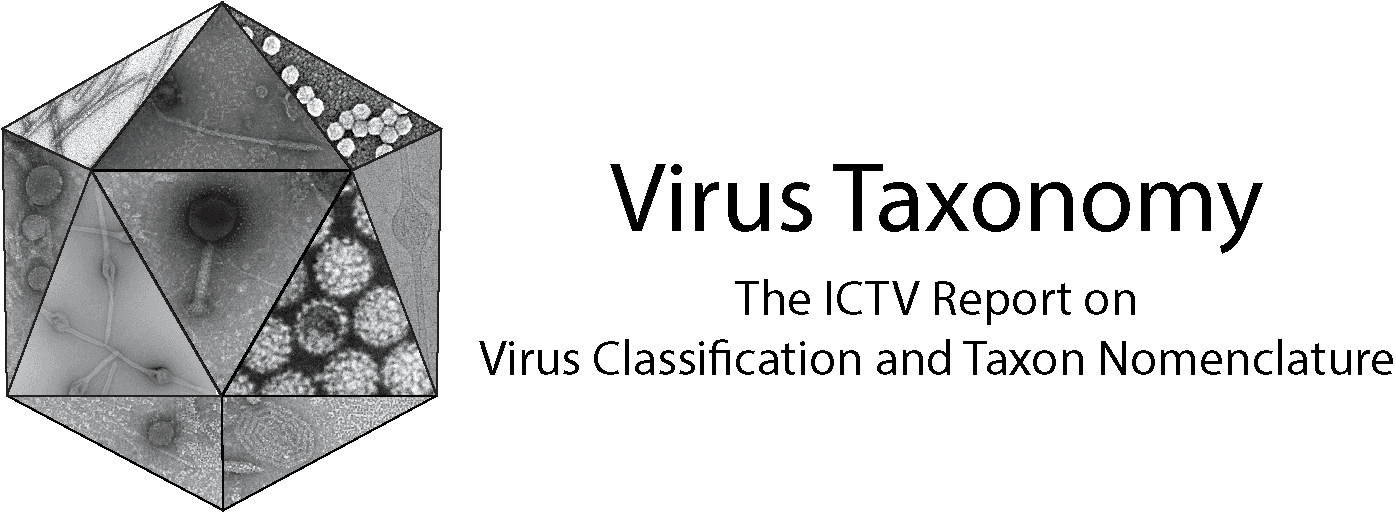Subfamily: Betairidovirinae
Genus: Decapodiridovirus
Distinguishing features
Decapodiridoviruses are large (158 nm) icosahedral viruses that infect penaeid shrimp and crayfish.
Virion
Other than diameter (158 nm) and icosahedral symmetry, little is known about members of this family.
Nucleic Acid
The genome is composed of linear, dsDNA and is intermediate in size (165 kbp) between the genomes of ranaviruses and megalocytiviruses (100–140 kbp) and those of lymphocystiviruses, iridoviruses and chloriridoviruses (~200 kbp). Decapodiridovirus genomes have a G+C content of 35% and have 170 putative ORFs.
Genome organization and replication
Dot Plot analysis shows that gene order in members of the species Decapod iridescent virus 1 differs from that of other family members. Although no studies of viral replication have been performed, replication strategy is presumed to be similar to other iridovirids. Although putative ORFs have orthologues among other members of the subfamily, the level of sequence identity is generally less than 50% and genomes appear to lack the small subunit of ribonucleotide reductase, a gene identified in other iridovirids as one of the 26 “core genes.”
Biology
Viruses in the species Decapod iridescent virus 1 are the cause of severe disease with accompanying high mortality in penaeid shrimp and crayfish. Hemopoietic tissue, gills, and the hepatopancreatic sinus appeared major targets for infection.
Species demarcation
Two isolates of the species Decapod iridescent virus 1 have been reported, one from shrimp (Litopenaeus vannamei, shrimp hemocyte iridescent virus, SHIV) and the other from the redclaw crayfish (Cherax quadricarinatus, Cherax quadricarinatus iridovirus, CQIV). Although phylogenetic analysis indicates that these isolates cluster apart from existing genera, one analysis shows the SHIV isolate clustering with members of the subfamily Betairidovirinae, whereas a second tree suggests a closer relationship of CQIV to members of the subfamily Alphairidovirinae. However, because the principal host species are invertebrates and because SHIV and CQIV lack an identifiable DNA methyltransferase gene, the genus Decapodiridovirus is classified as a member of the subfamily Betairidovirinae.

